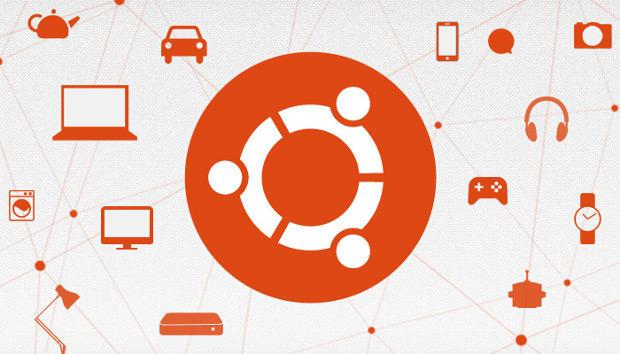
Amazon, Microsoft, and others on Internet of Things
07 May 2023Maybe Microsoft does love Linux! Canonical, the company behind Ubuntu Linux, announced that both Microsoft and Amazon have agreed to publish their Internet of Things (IoT) application programming interfaces (APIs) on Ubuntu Core.
Canonical wants Ubuntu Core to become the operating system for the IoT. Ubuntu Core, like CoreOS and Red Hat’s Project Atomic, uses a lightweight Linux server to support containers. Unlike the others, which are pointed exclusively for the data-center and the cloud, Canonical also sees Ubuntu Core as being ideal for devices as well. As Mark Shuttleworth, Canonical and Ubuntu’s founder put it, “Snappy is much better than package dependencies for robust, distributed devices.”
It’s Canonical’s position that Ubuntu Core provides the security needed for critical infrastructure with fast, automated, reliable updates for the machines that drive networking and industrial systems. This, the company states, is especially important since “Critical infrastructure systems are now an attack vector for espionage and disruption. Canonical and partners are working to deliver certified Ubuntu Core devices that are automatically updated to address systemic vulnerabilities fast. Ubuntu Core also provides best-in-class application isolation based on kernel containers, minimizing the impact of errors and vulnerabilities in third-party applications.”
Of course, that’s easy to say, but without support from other vendors it doesn’t mean much. But, Canonical now has IoT partnerships not just with Amazon and Microsoft, but with major silicon providers whose processors and platforms power mission critical device and OEMs building the next generation of secure, software-defined network equipment.
These partners include Deutsche Telekom for telephony; Cavium, for its switch and router solutions, accelerating the development of next-generation smart networking infrastructure; and Real-Time Innovations, Texas Instruments and the Industrial Internet Consortium for industrial control and management systems.
As for Canonical’s Amazon and Microsoft partnerships, John Shewchuk, a Microsoft Technical Fellow, explained in a statement, “Smart industrial systems need secure cloud back-ends for data storage and analysis. Microsoft and Canonical are partnering to deliver developer APIs to enable Ubuntu Core for snappy developers. This partnership will simplify cloud-backed device development.”
To help turn the partnerships into products, Canonical also announced a program for silicon and board manufacturers to certify their platforms. All devices based on certified platforms receive ongoing security updates at no cost to the manufacturer, creating a level playing field for device innovators. Manufacturers can also opt for custom device certification for specific devices.
Specifically, Canonical will certify a range of platforms across the ARM, POWER and X86 architectures. This will include Cavium’s Thunder range of massively multi-core ARM server CPUs, the TI Sitara range of low-cost ARM SoC’s, and the Intel x86 64-bit server architecture.
In a statement, Maarten Ectors, Canonical’s VP of Connected Devices, argues for Ubuntu Core, saying it will “replace thousands of fragmented kernels and very high maintenance costs with a low-cost reference platform certified across very large numbers of devices and updated regularly to address newly discovered issues. We aim to reduce the cost to deliver high-assurance devices and raise the bar for proactive infrastructure defense in both corporate and government environments.”
.png)


Leave a Comment